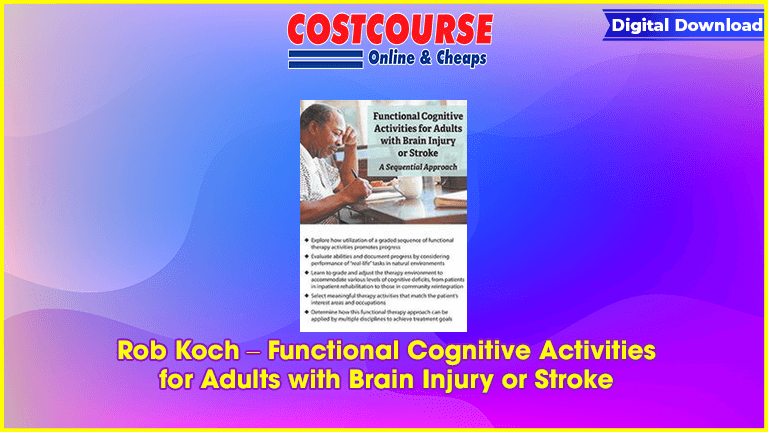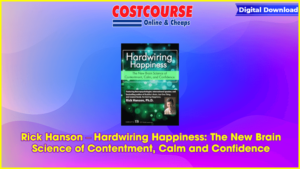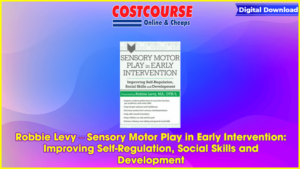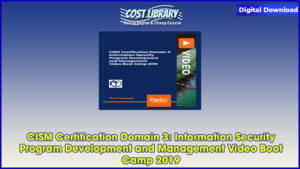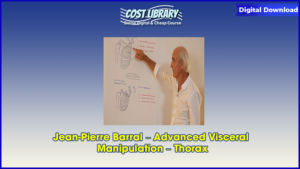Description
Progressing from the Clinic to the Community
Typical therapy approaches used for rehabilitation of adults with cognitive deficits due to brain injury or stroke target primary cognitive sub-skills (memory, orientation, attention, etc.) in isolation.
Rob Koch – Functional Cognitive Activities for Adults with Brain Injury or Stroke
Therapy methods normally include tabletop activities, computer training, and pencil/paper tasks to improve underlying cognitive impairment. However, the learning associated with these methods does not always translate to the world outside the clinic. Patients may become frustrated with their lack of progress or find themselves unable to perform necessary tasks once they return to their home environment.
This recording introduces an innovative, alternative, and effective approach to TBI and stroke rehabilitation. It proposes that therapists dealing with cognitive deficits conduct therapy sessions that steer away from work on primary cognitive skills in isolation and switch to having the patient perform comprehensive activities in “real-life†environments. This is accomplished by utilization of a graded sequence of functional therapy activities. The main concept behind this approach is that three global factors influence the patient’s “real-life†functioning. These factors include the awareness and management of interpersonal relationships, the environment, and time constraints.
Therefore, therapy activities in this sequence have been structured to interweave the three global factors so that the patient interacts dynamically with other people, physical space, and time parameters during sessions. As the patient improves, expectations for sessions change as environmental demands increase and tasks become more complex. The levels of the sequence pertain to patients ranging from inpatient rehabilitation to those in community reintegration.Gain a better understanding of how patients’ successes in cognitive rehabilitation require a multidisciplinary effort, as well as an emphasis on “real-life†activities, to achieve maximum independence.
Handouts
Manual – Functional Cognitive Activities (10.19 MB) 242 Pages Available after Purchase
Outline
DEVELOPMENT OF THE APPROACH
The foundation of this approach
What is functional activity?
The three global elements of “real-life†activity
interpersonal awareness and management
environmental awareness and management
time awareness and management
MODELS OF INTERVENTION FOR COGNITIVE REHABILITATION
Remedial vs. compensatory vs. combination approaches
Multidisciplinary implications
coordinating the effort to increase patient’s independence
FUNCTIONAL COGNITIVE EVALUATION
Establishing levels
Low-level tasks
Mid-level tasks
High-level tasks
Awareness and emotion
SETTING GOALS AND MEASURING PROGRESS
Progress checklists
Functional goal setting
ACTIVITY DESIGN, SETUP AND IMPLEMENTATION
Preparing for sessions in advance
Ready-made materials
Grading the environment
Relevance to patient’s interests and occupations
Applications for the teenage population
CAREGIVER SUGGESTIONS
Follow through in the home
Ideas for community reintegration
OVERVIEW OF THE EIGHT ACTIVITY LEVELS
Level 1: Initiating the Next Step
Level 2: What Time is It?
Level 3: Looking Around
Level 4: Follow a Time Schedule
Level 5: Beyond the Room
Level 6: Organize the Therapy Session
Level 7: Out the Door
Level 8: Planning/Multitasking
DETAILED DISCUSSION OF EACH OF THE EIGHT ACTIVITY LEVELS ABOVE
Specific activities at each level
Contrast characteristics of activities between levels
Case examples
Time awareness and management factors
Environmental awareness and management factors
Interpersonal awareness and interaction factors

